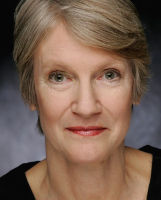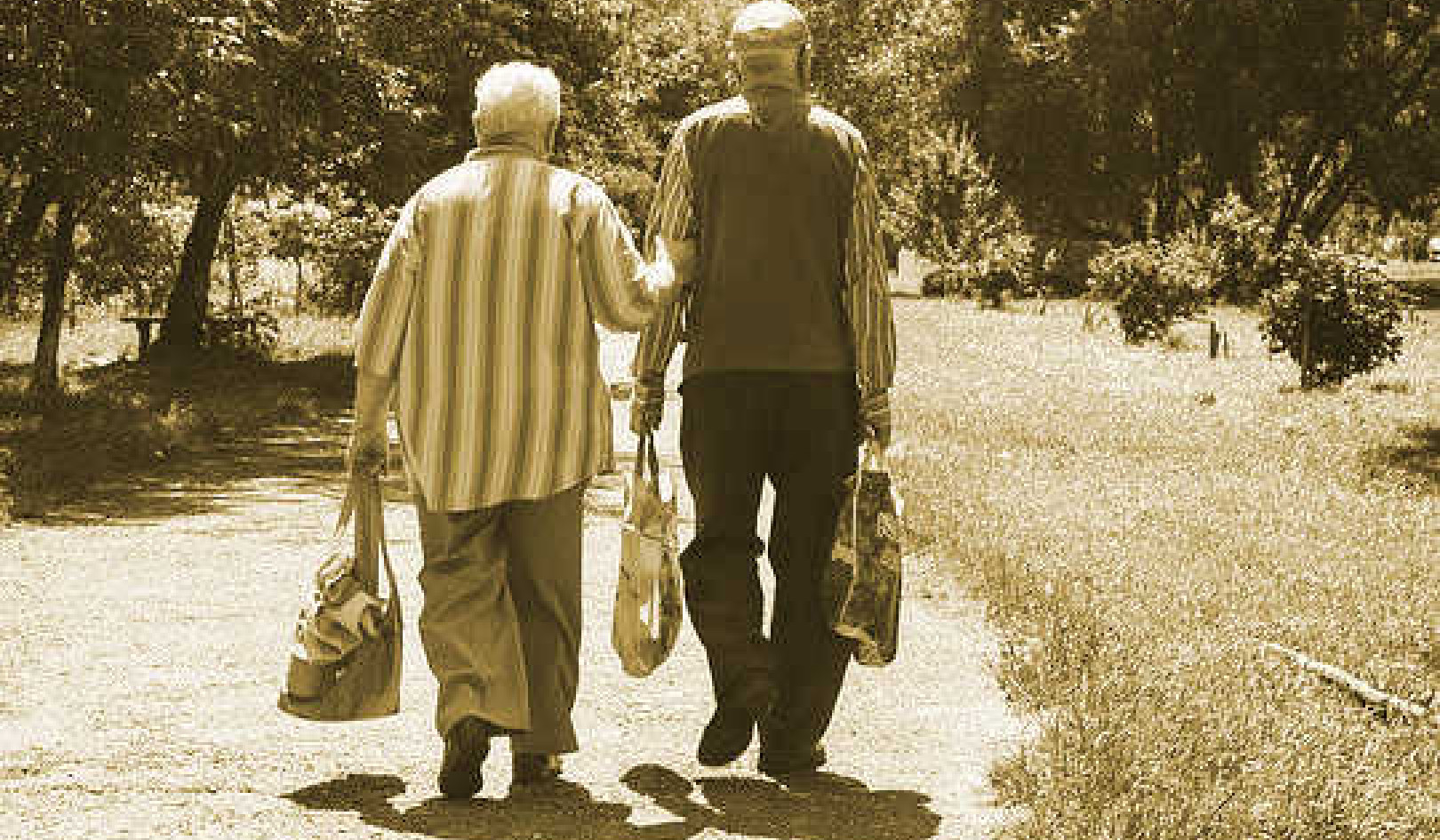Written by Rachel Hadas and Narrated by Marie T. Russell.
Patience is wearing thin. Not only are we all bone-weary of the pandemic; rising hopes have made the current precarious state of confusion and fear, vigorous variants and stubborn vaccine rejection all the more frustrating.
We thought we were almost out of the woods, but there’s no clear end in sight to this forest. And there’s no shortage of other bad and worsening news too, notably the dramatic daily evidence of the catastrophic results of climate change.
How do we weather this welter of bad news? How do we adapt?
The same ways human beings always have adapted – grudgingly or stoically, fearfully or fatalistically or frantically. We’re in a prolonged period of maddeningly, scarily bad news – and if we follow the 24-hour news cycle, we’re in it up to our chins.
But how good has the news ever been? Precisely when or what was the Golden Age? Poet Randall Jarrell wrote, with tongue in cheek, that it’s when people went around complaining how yellow everything looked...
Continue Reading at InnerSelf.com (plus audio/mp3 version of article)
Music By Caffeine Creek Band, Pixabay
Narrated by Marie T. Russell, InnerSelf.com
About The Author
 Rachel Hadas studied classics at Harvard, poetry at Johns Hopkins, and comparative literature at Princeton. Since 1981 she has taught in the English Department of Rutgers University - Newark, and has also taught courses in literature and writing at Columbia and Princeton. She has received a Guggenheim Fellowship in Poetry, an Ingram Merrill Foundation grant in poetry, and an award in literature from the American Academy and Institute of Arts and Letters.
Rachel Hadas studied classics at Harvard, poetry at Johns Hopkins, and comparative literature at Princeton. Since 1981 she has taught in the English Department of Rutgers University - Newark, and has also taught courses in literature and writing at Columbia and Princeton. She has received a Guggenheim Fellowship in Poetry, an Ingram Merrill Foundation grant in poetry, and an award in literature from the American Academy and Institute of Arts and Letters.
Rachel Hadas is the author of many books of poetry, prose, and translations. A memoir about her husband's illness, "Strange Relation," was published by Paul Dry Books in 2011. Her previous book of poems, "The Golden Road," was published by Northwestern University Press in the fall of 2012.

Books Improving Attitude and Behavior from Amazon's Best Sellers list
"Atomic Habits: An Easy & Proven Way to Build Good Habits & Break Bad Ones"
by James Clear
In this book, James Clear presents a comprehensive guide to building good habits and breaking bad ones. The book includes practical advice and strategies for creating lasting behavior change, based on the latest research in psychology and neuroscience.
Click for more info or to order
"Unf*ck Your Brain: Using Science to Get Over Anxiety, Depression, Anger, Freak-Outs, and Triggers"
by Faith G. Harper, PhD, LPC-S, ACS, ACN
In this book, Dr. Faith Harper offers a guide to understanding and managing common emotional and behavioral issues, including anxiety, depression, and anger. The book includes information on the science behind these issues, as well as practical advice and exercises for coping and healing.
Click for more info or to order
"The Power of Habit: Why We Do What We Do in Life and Business"
by Charles Duhigg
In this book, Charles Duhigg explores the science of habit formation and how habits impact our lives, both personally and professionally. The book includes stories of individuals and organizations who have successfully changed their habits, as well as practical advice for creating lasting behavior change.
Click for more info or to order
"Tiny Habits: The Small Changes That Change Everything"
by BJ Fogg
In this book, BJ Fogg presents a guide to creating lasting behavior change through small, incremental habits. The book includes practical advice and strategies for identifying and implementing tiny habits that can lead to big changes over time.
Click for more info or to order
"The 5 AM Club: Own Your Morning, Elevate Your Life"
by Robin Sharma
In this book, Robin Sharma presents a guide to maximizing your productivity and potential by starting your day early. The book includes practical advice and strategies for creating a morning routine that supports your goals and values, as well as inspiring stories of individuals who have transformed their lives through early rising.
Click for more info or to order
This article is republished from The Conversation under a Creative Commons license. Read the original article.






















